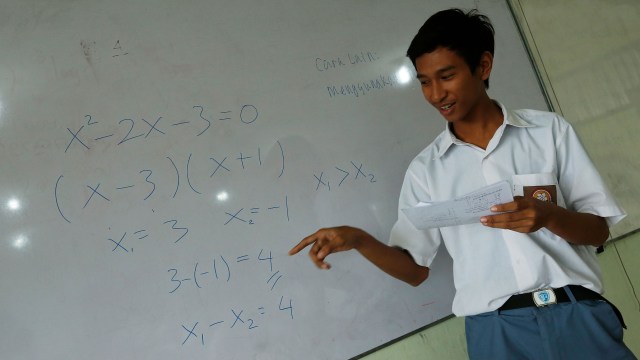Online Game Curbs Unhealthy Eating Habits

Finding the motivation to create a plan for losing weight isn’t hard; it’s maintaining that plan over time. But a new study led by Dr. Natalia Lawrence may have found a way to break the cycle of eating and enact behavioral change, and all through an online game.
The game is designed to train people to resist the temptation of snacking on unhealthy foods. The report looks promising, as the team writes that they managed to get participants to consume an average of 220 fewer calories a day and lose an average of 0.7kg.
The researchers found 83 adults to participate in their study. The volunteers’ ages ranged from 23 to 65 with BMIs ranging from 21 to 46 (healthy to obese). They actively sought participants that reported having issues resisting unhealthy snacks and indulged in energy-dense foods at least three times a week. The participants were split into two groups. One played an online game that required users to avoid pressing on images of unhealthy foods, while they responded to other images that ranged from fruit to clothing. The other group played a similar game, but it had nothing to do with food. The game amounted to a 10-minute session.
Afterward, the participants were told to keep a food journal, relying on self-reporting of calories as well as weight for the next six months.
The results of the study indicated that the food game was able to enact enough change to make an impact on the group to reduce their caloric intake as well as lose weight over the six-month period. Lawrence believes that these results are quite promising, suggesting that “a brief, simple computerized tool can change people’s everyday eating behavior.”
She admits that research into this kind of tool is “still in its infancy and the effects are modest.” But she wants to continue her study with a larger pool of participants and done over a longer period of time.
“However, our findings suggest that this cognitive training approach is worth pursuing: It is free, easy to do, and 88 percent of our participants said they would be happy to keep doing it and would recommend it to a friend. This opens up exciting possibilities for new behavior-change interventions based on underlying psychological processes.”
Read more at EurekAlert!
Photo Credit: Chris Hondros/Getty Images





